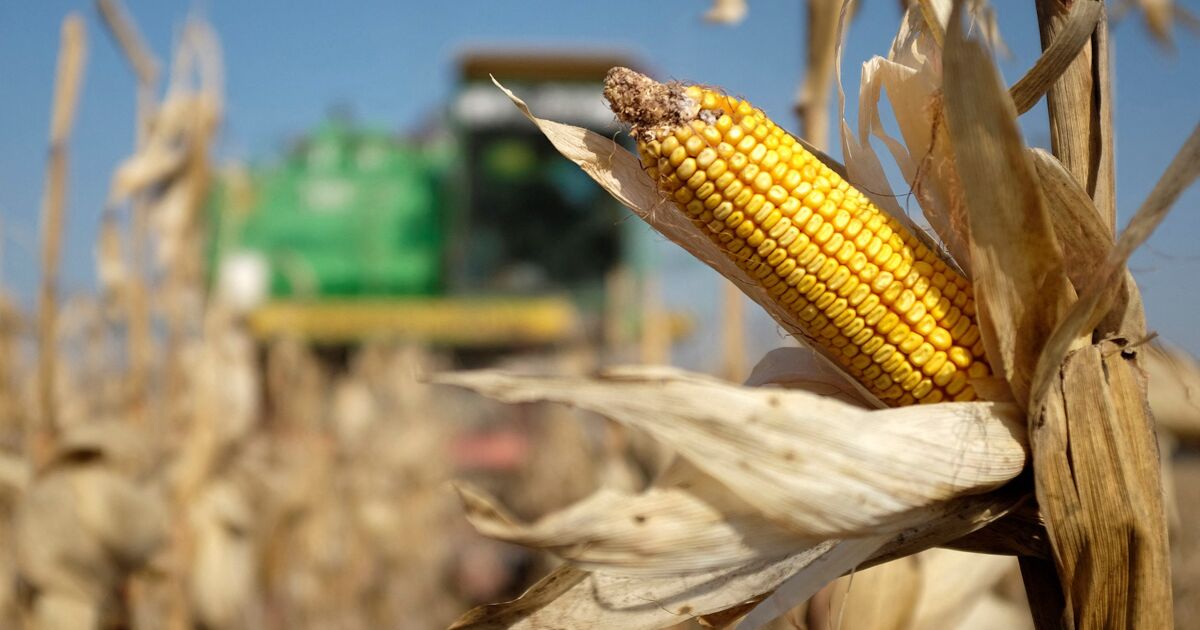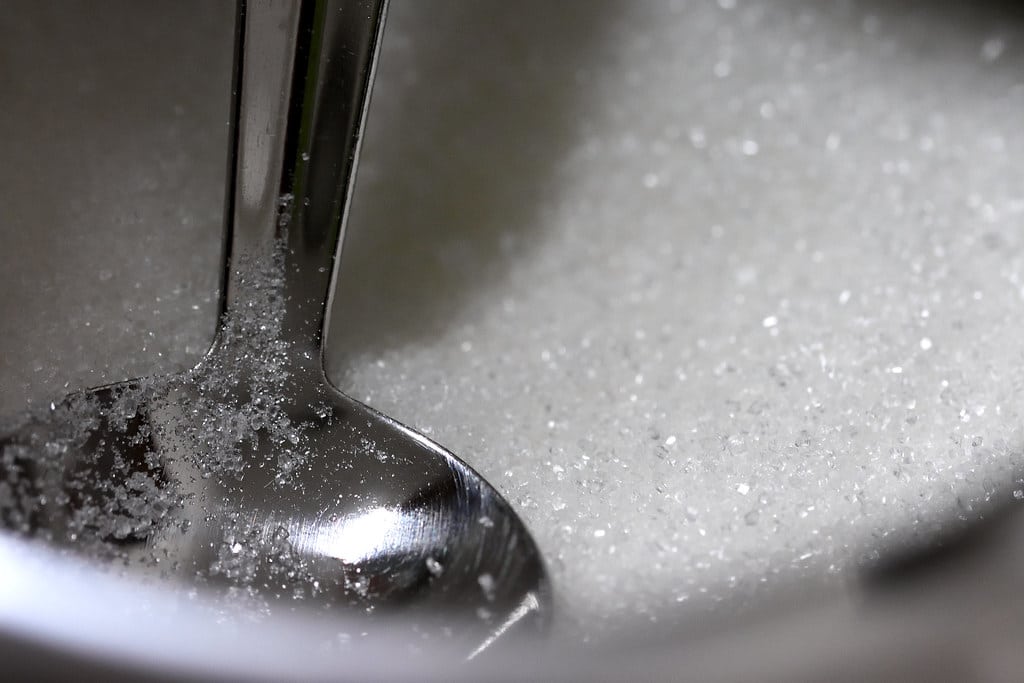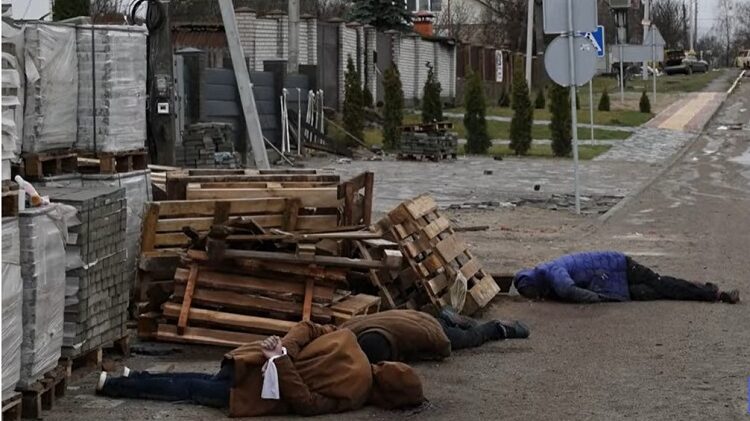Both Georgieva and World Bank President David Malpass urged the world to act urgently because food prices have already skyrocketed.
The call from the IMF and the World Bank came at a round table at the spring meeting held by the two organizations this week and in which representatives of the G7, the G20, the US government and the International Fund for Agricultural Development (IFAD) also participated. ).
The World Bank index that measures global food prices registered a record increase of 37% in March compared to the same month of the previous year, while the costs of pesticides grew 20% in March compared to January, some increases which Malpass attributed to the war in Ukraine.
“Russia’s invasion of Ukraine has caused enormous threats to the world’s food and nutrition security in the short term,” said the World Bank official.
Furthermore, according to their estimates, every 1% increase in food prices will cause 10 million people to fall into extreme poverty.
Given this situation, Malpass and Georgieva considered that it is necessary to develop a plan that offers food and financial aid to the most vulnerable countries.
One of the ways to do this would be through subsidies to provide food and aid to the poorest, as well as assistance for small farmers who face difficulties in raising their crops due to the high prices of pesticides.
The finance ministers of Germany, Christian Lindner, and of Indonesia, Sri Mulyani Indrawati, representing the G7 and the G20 respectively, considered it necessary to keep the borders open for trade and not impose restrictions on the export of certain foods or pesticides, something that various nations have done since the war in Ukraine began.
The US Secretary of the Treasury, Janet Yellen, proposed the intervention of the International Fund for Agricultural Development, a United Nations agency that has the tools to combat famine in rural areas.
“I want to be clear: Russia’s actions are responsible for this,” Yellen said, adding that the United States is working with partners and allies to “help mitigate the effects of Russia’s reckless war on the world’s most vulnerable.”
The President of IFAD, Gilbert F. Houngbo, former Prime Minister of Togo, considered it necessary to think not only at macroeconomic levels, but also at microeconomic levels with solutions that allow improving the daily lives of the poorest.
In this regard, he recalled that 80% of the men and women who live in extreme poverty in the world are in rural areas.
With information from EFE and Reuters

















